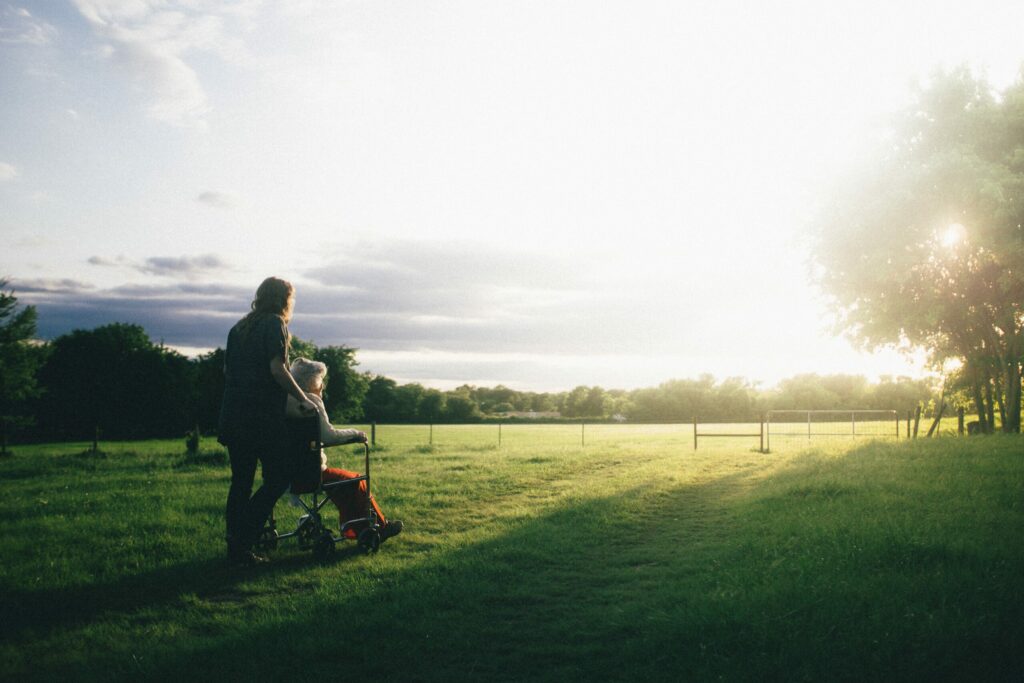Jonothan Croft, Land Director
In a previous article, we highlighted the pressing need for more suitable accommodation for the ever-increasing elderly population. So, what are the key solutions available for this group?
- Sheltered housing geared for the active person over 55, who wants to live independently but may need a bit more support from time to time. This approach is generally geared towards a smaller home – primarily an apartment – that is easier to manage.
- Assisted living /Extra-Care Housing offers more support than sheltered housing (which may include restaurant facilities, treatment rooms etc) but still allows people to live independently. Generally a self-contained apartment, but with the option of domiciliary care which can be increased incrementally as the person’s needs change. This therefore enables people to future-proof their lives. Unlike sheltered housing, assisted living housing is regulated by the Care Quality Commission (CQC), which inspects the facilities and provides ratings of the care provided.
Some common features of both sheltered housing and assisted living include:
- Help from a scheme manager (warden) or support staff
- 24-hour emergency help through an alarm system
- Communal areas, such as gardens or lounges
- Social activities for residents
- Care homes provide accommodation and personal care for people who require extra support in their daily lives. Although all care homes offer accommodation and personal care, there are specialist types which offer additional services for residents with greater needs. These include nursing and dementia care. Care homes can be run by private companies, local councils or voluntary organisations.
In response to the growing need for specialist accommodation, Muller is actively pursuing opportunities for securing land that can be used for housing our elderly population. For enquiries, contact Jonothan Croft at jmc@muller-property.co.uk.



